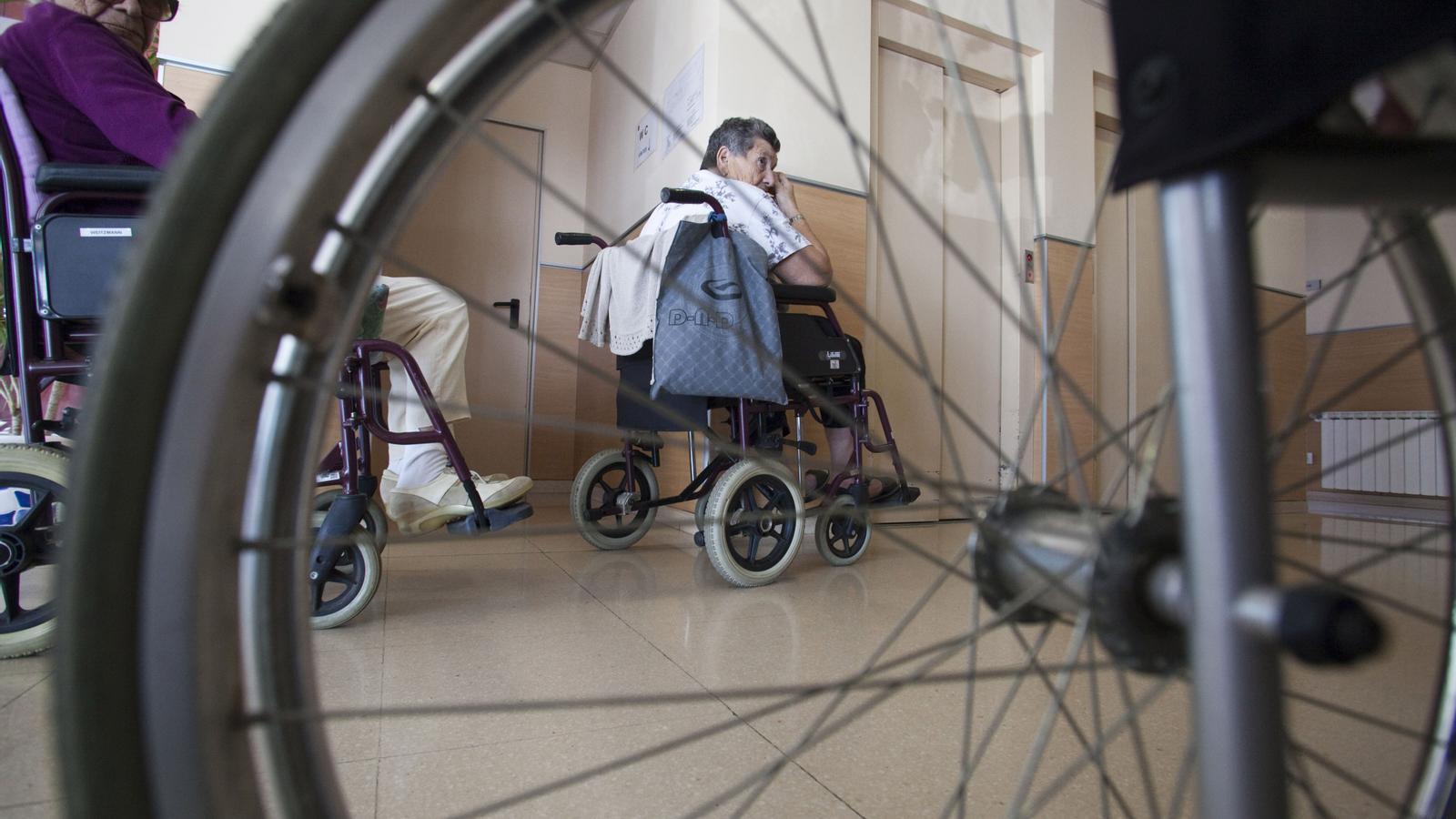War on bureaucracy: the eight procedures the government wants to streamline
These are areas that had more than 650,000 applications last year.


BarcelonaRight now, if a citizen wants to buy an electric car or install a charging station at home, it will take, on average, two years and six months to receive aid from the Generalitat (Catalan Government). But there are much more essential aids, such as the recognition of dependency status or disability status, which the administration takes almost a year to resolve. With the aim of reducing waiting times, the Government activated an emergency plan in November to streamline the ten procedures with the greatest impact on citizens, with more than 650,000 applications last year alone. Of these, eight are in the process of being remodeled with measures implemented that have already yielded the first results, according to the Catalan government.
All of this is part of the Catgirem program, which will include the redesign of 170 procedures and is being carried out within the framework of the administrative reform promoted by Salvador Illa's administration. All of these changes have been worked on jointly by the Department of the Presidency; the Department of Social Rights; the Territory, Housing, and Ecological Transition; the Education and Vocational Training; and the Research and Universities.
But what are these eight procedures that are already being acted upon with visible results—always according to the Government? Aid for the purchase of electric cars or the use of renewable energy, which exemplifies how long it takes for subsidies to arrive, is one of the procedures that has been emphasized to reverse the delay. The hiring of around eighty professionals and the automation of administrative management mechanisms should allow all pending aid to be granted this October and reduce the payment period to just six months.
In the case of recognition of the degree of disability, the objective is to reduce the procedure to 120 days, and in the case of dependency, to 90. In the former, at the end of the year there were 165,000 pending assessment requests, and in the latter, almost 60,000. Albert Dalmau, advisor to the Presidency, who is leading this reform, believes that given this scenario, there are only two alternatives: "Collapse or reform. And we say: war on bureaucracy to put an end to the mountain of files piling up in departmental offices." Dalmau doesn't mince his words when criticizing the procedures as being "overloaded with regulations" and explains that the program's objective is to "reduce the bottleneck this year and delve deeper into simplifying procedures next year."
To avoid this collapse, a simulator for citizens will be implemented at the end of the year that should make it possible to rule out cases that don't meet the requirements and thus reduce incoming applications. Meanwhile, some of the requirements that were previously necessary to be eligible for the subsidy have been eliminated. Now, for example, in the case of dependency, it is no longer necessary to provide a medical report from the public health system, thanks to the implementation of a viewer that facilitates its management.
Other procedures reviewed
Also in the area of Social Rights is one of the aids the government is putting all its effort into. This relates to the non-contributory disability or retirement pension, for which only 22% of applications are processed online. With the redesign of the process, the processing time will be reduced by 18% thanks to automation, while the number and amount of undue payment cases will be reduced with a death notification system. Guaranteed income for citizenship is another process underway in this department, which has led to a 20% reduction in the more than 70,000 applications on the table. The last is for single-parent and large family titles. With an average processing time of 20 and 30 days respectively, which the department acknowledges is adequate, improvements have been introduced that involve reducing in-person assistance and document requests.
The last two procedures are not of a social nature, but rather educational. The recognition and validation of non-university foreign studies was a recurring complaint among both newcomers and people born here who leave to study and return. According to the government, the hiring of around twenty professionals has made it possible to resolve 9,000 of the 16,000 cases pending validation between 2022 and 2025. The main innovations to reduce time have been the activation of a corporate platform and an electronic recognition credential that saves time. Aid for international student mobility is the other bottleneck in the educational field, where changes are being promoted to reduce the average resolution time of more than 200 days.
The option of decree laws
The government has not renounced the adoption of decree laws to further reform the administration, such as the one approved in April on public procurement, which expands departments' ability to directly contract public works to increase agility and efficiency in the execution of investments. "We are not renouncing this, but in the meantime, we cannot maintain the collapse," Dalmau asserts, defending the need to promote these reforms. "It is a public outcry that it is not sustainable to spend more time filling out paperwork than working," the minister concludes.
